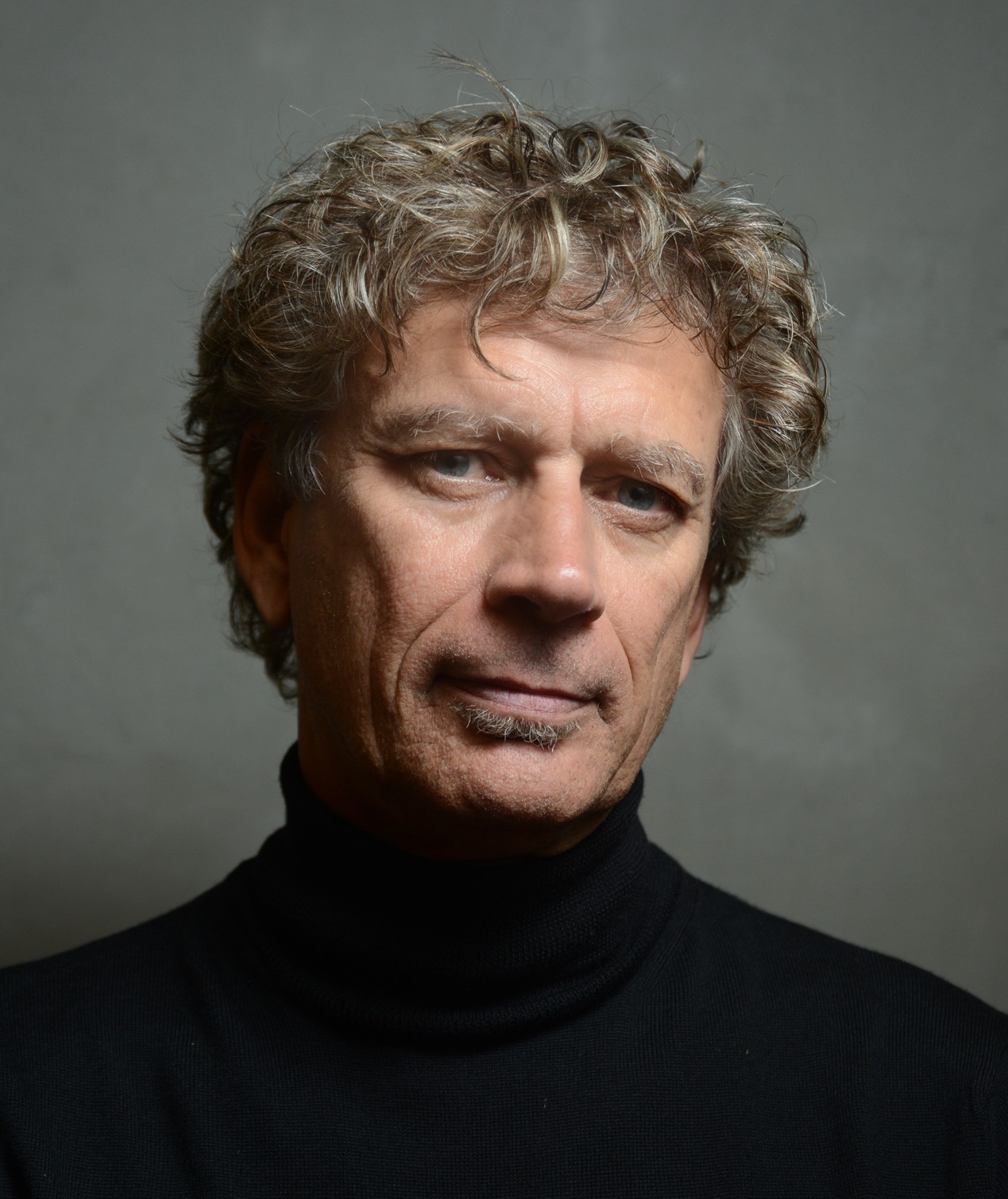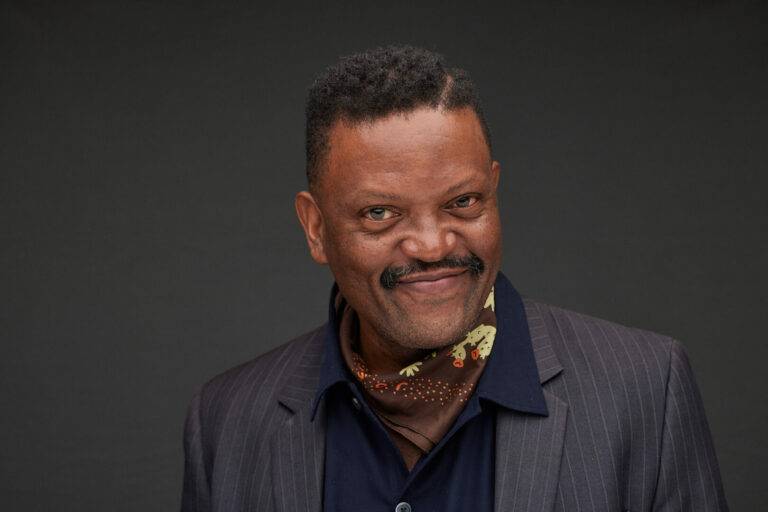We were lucky to catch up with Jim “Kimo” West recently and have shared our conversation below.
Hi Jim “Kimo” , really happy you were able to join us today and we’re looking forward to sharing your story and insights with our readers. Let’s start with the heart of it all – purpose. How did you find your purpose?
I know that many folks search for years to find their purpose but for me it was something that happened at a very young age. I had always been into drawing and painting and that was my course of study when I started college at age sixteen. But I had also discovered guitar a few years prior and my focus was rapidly shifting to music by then. I didn’t really know many other guitar players and did not take lessons, but I would be glued to the TV if there was someone playing guitar! Of course nowadays it’s all there on YouTube. The summer before I started college a friend invited me to join his band. They had a paying gig coming up at a small festival so we set up in an abandoned garage to rehearse our show. It was really exciting and so much fun to play with these other musicians. I remember there was a goat in the yard who would occasionally come in and try to eat our guitar cables.
Anyway, the show was a success and we all got paid ( pretty well actually).I had a couple more positive band experiences in the next year and by the time I was seventeen I had decided that music was my purpose.
Appreciate the insights and wisdom. Before we dig deeper and ask you about the skills that matter and more, maybe you can tell our readers about yourself?
I’ve been a professional guitarist since age sixteen and have always written my own music. I got into music production In my twenties and worked at a recording studio for a while, later setting up my own personal studio. After moving to Los Angeles in the early eighties, I started working as guitarist with musical satirist “Weird Al” Yankovic. It’s a relationship that continues to this day with many tours, gold and platinum records and even a Billboard #1 album. After a trip to Hana, Maui in the mid-eighties I discovered Hawaiian slack key guitar and started composing and recording my own pieces. In the early nineties I started composing music for film and television, staying very busy and making a very comfortable living between composing, making records and touring.
In the early 2000’s I started to focus more on my own career as an artist and less as a for-hire composer. I really enjoyed the work but it is a more or less service industry and I envisioned a future where I could make a living from my own music.
I still tour with Weird Al every so often, but my solo career is now providing me with everything I need financially and artistically which is just amazing. I’m thankful every day for this!
I’ve released twelve solo albums, one which received a Grammy in 2021 and another nomination in 2019. I’ll be releasing my second collaboration album with Joss Jaffe in 2024 and hopefully another solo album as well. I’m also collaborating with playwright Holly Doubet on music for an animated feature set on Kauai.
There is so much advice out there about all the different skills and qualities folks need to develop in order to succeed in today’s highly competitive environment and often it can feel overwhelming. So, if we had to break it down to just the three that matter most, which three skills or qualities would you focus on?
Being self-taught, I am thankful for all the opportunities I had over the years to learn from other musicians. I also read whatever books I could get and taught myself to read music when I was still a teenager. I think the skill I developed early on was learning how to learn. Luckily it was easy for me because music was a passion and I couldn’t NOT play music or explore musical concepts. I also think that playing in bands allowed me to develop more social skills- the art of getting along with others and communicating clearly. This helped be greatly through the various phases of my career.
My other acquired skill was business sense. Even in my in my earliest bands I used to handle the show bookings, deal with agents, pay the musicians etc. Later as a composer I learned about publishing, film and TV music contracts and licensing. As my career shifted to being a solo artist, I learned about promoting myself, positioning my music on the streaming services and getting my music licensed for film and TV.
I think it’s important to learn about all aspects of your business, In my case, it would be learning to be a great live and studio player, knowing your away around recording technology, getting good at self-promotion and having a handle on the business side.
Before we go, maybe you can tell us a bit about your parents and what you feel was the most impactful thing they did for you?
I give my parents a lot of credit for believing in my passion for music. They were not real happy to see me drop out of art school lol but they could see how important music was to me. As I became more and more successful I think they were very proud and happy for me. I wish they had been here to see me win the Grammy though!
Contact Info:
- Website: www.jimkimowest.com
- Instagram: @jimkimowest
- Facebook: https://www.facebook.com/jimkimowest/
- Linkedin: https://www.linkedin.com/in/james-kimo-west-9598916/
- Twitter: @westernmost
- Youtube: https://www.youtube.com/channel/UCCXlihz8NaJWYWsunUpC0Ww
- SoundCloud: https://soundcloud.com/jim-kimo-west
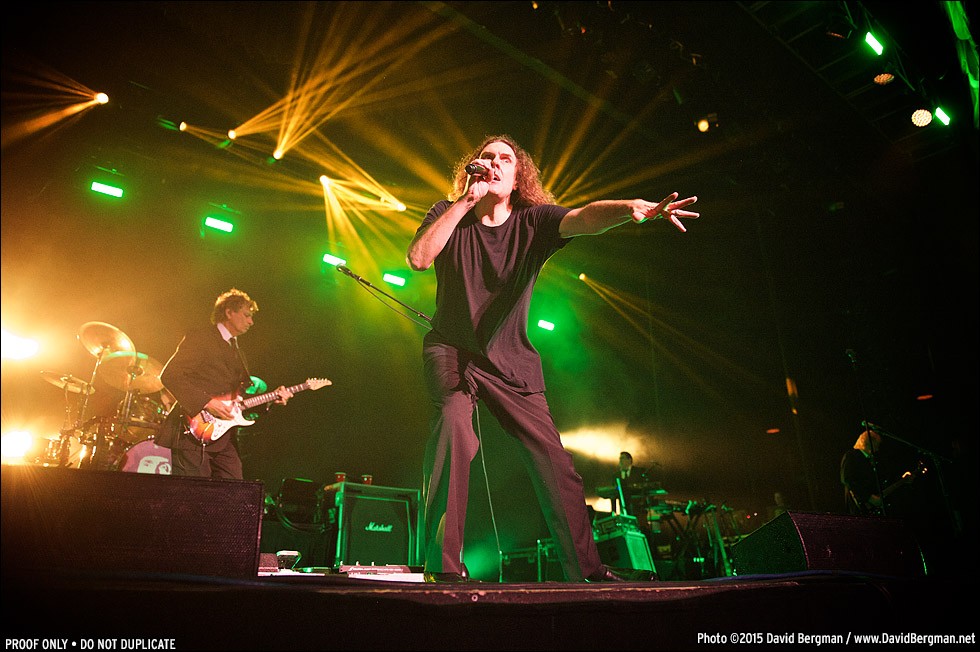
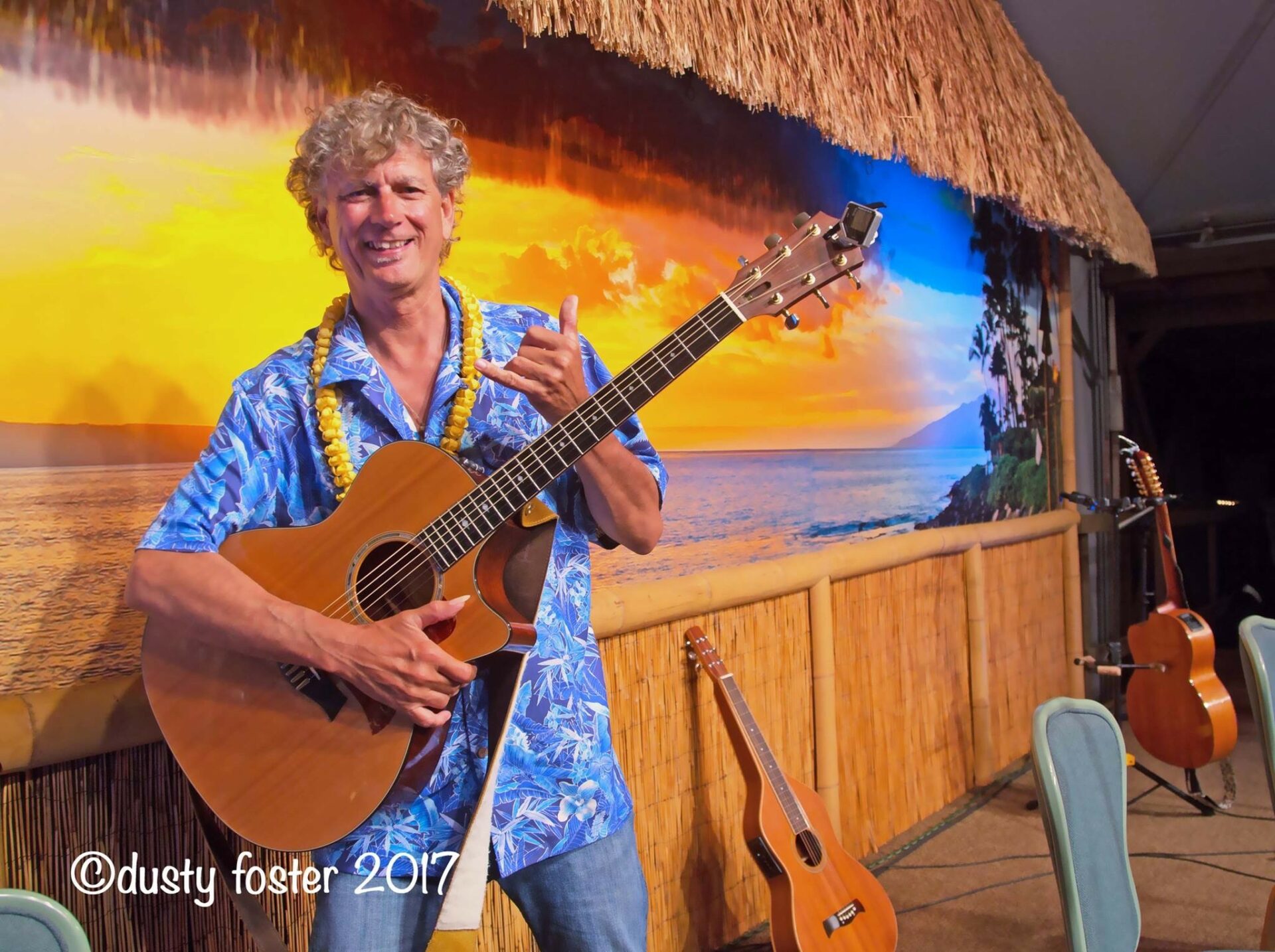
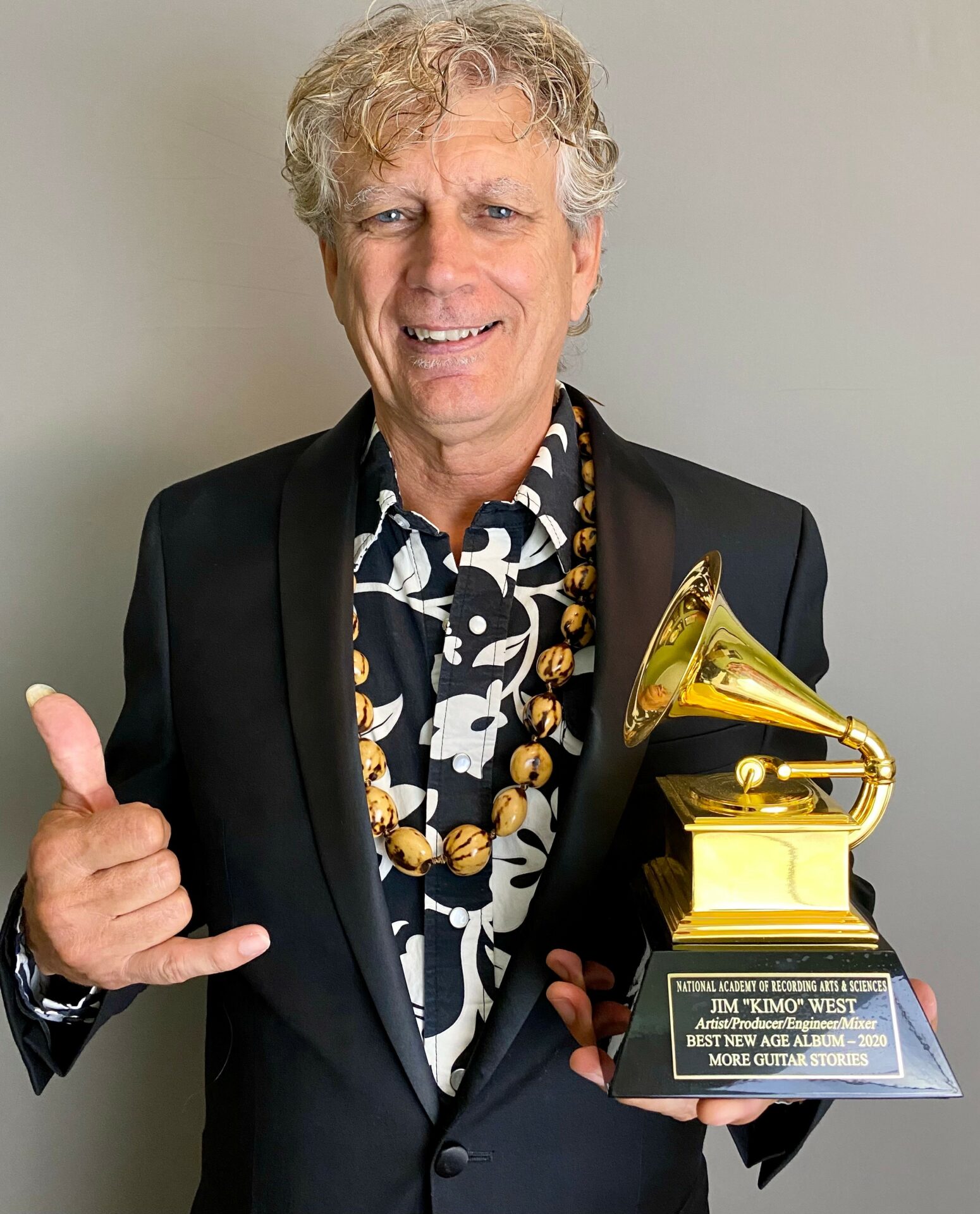
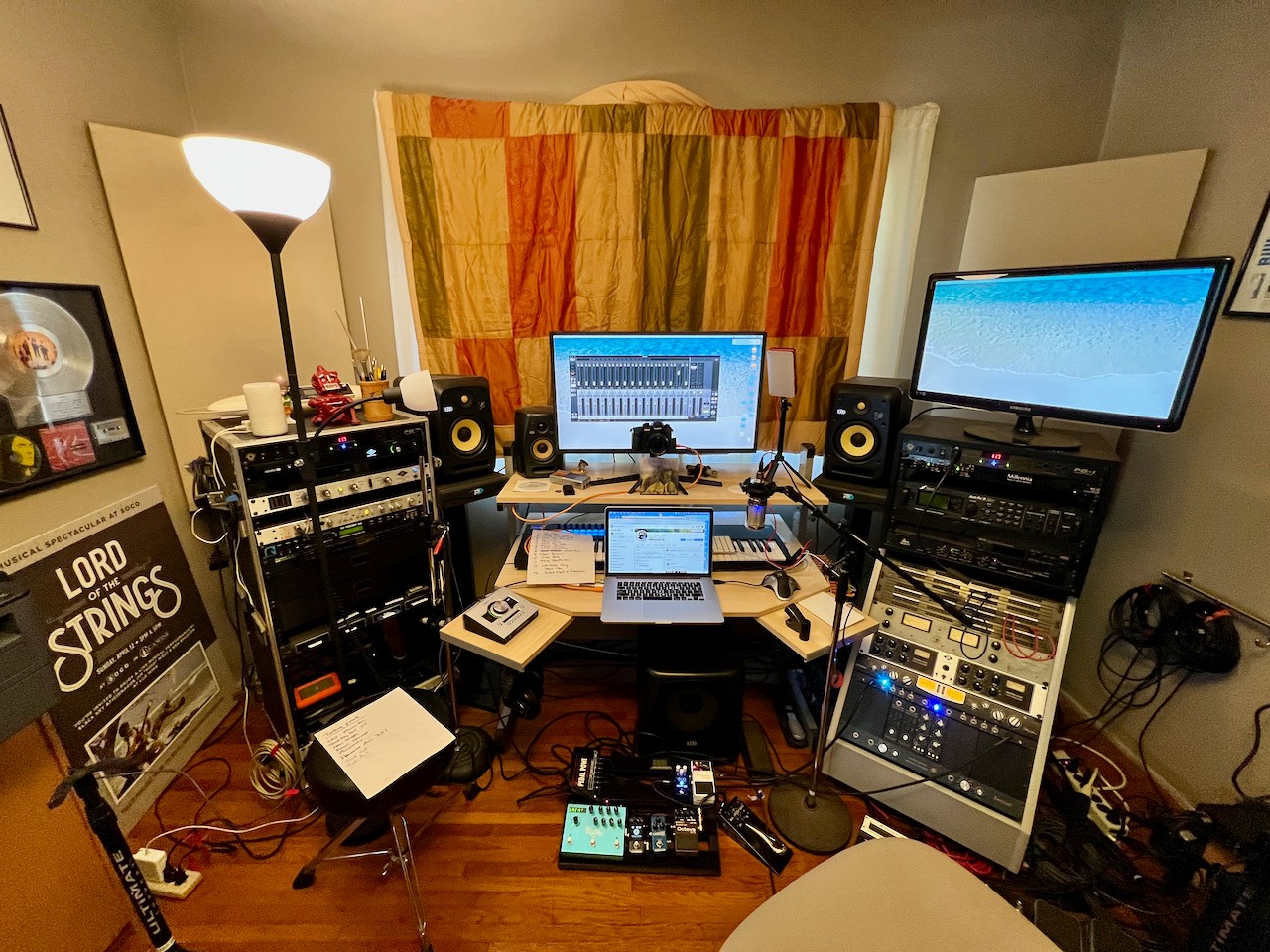
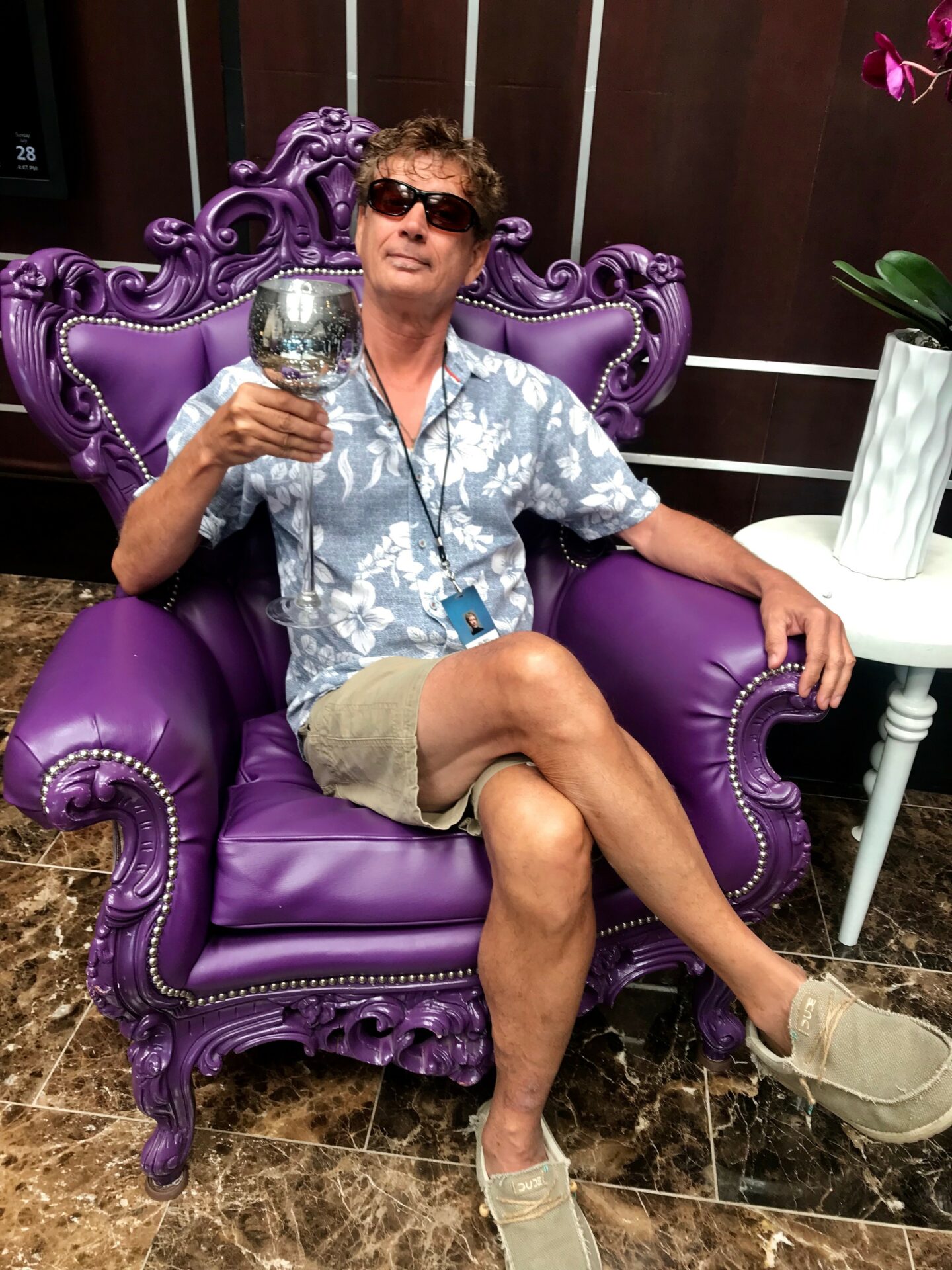
Image Credits
Image 1: Robyn Von Swank Image 2: David Bergman Image 3 : Kyle Cassidy

